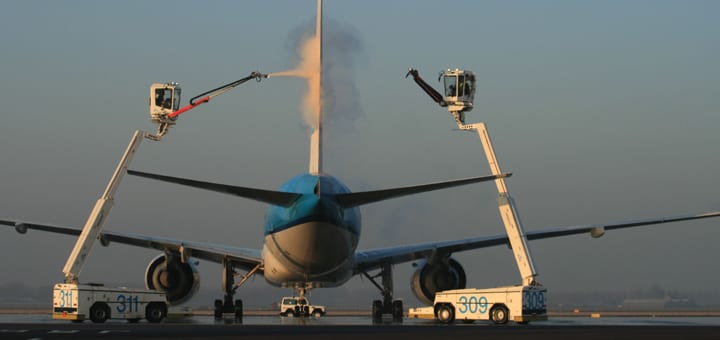
Recent news that university academics are poised to own a fifth of Nats, the UK’s leading provider of air traffic control services, seemed at first glance to have a comedic edge to it. I have to admit to flippant mental images of professors engaging in erudite discussions with anxious pilots as they try to come in to land. The £160 million stake being purchased by the Universities Superannuation Scheme is, however, a very serious business and ownership of companies by pension funds is nothing new (or amusing). Obviously it also goes without saying that in this case the academics themselves will have no input into the management of the nation’s skies.
The relative merits of pension fund investments aside, from a communications point of view, there is actually more of a synergy between air traffic control and academia than might be guessed at first glance. The ‘New Pilot’s Guide to Air Traffic Control (ATC) Communication’ starts by saying, ‘There is an art to using the right words when you communicate with ATC’: using language carelessly can lead to misunderstandings and in the case of landing a charter flight from Palma, this can have very serious consequences.
Equally a precise – some might say pedantic – use of language is also crucial for academic clarity: academics are notorious for debating semantics. The revisions of Shakespeare’s plays during his later years have been dissected soliloquy by soliloquy, line by line, and finally word by word by generations of scholars.
In the world of corporate communications, the use of language is also important and, although lives may not depend on it, a company’s reputation could. Establishing the messages of a business is important so that a consistent profile can be delivered. The incorrect use of phrases and messaging can undermine a business’s standing so it is vital that every member of the public relations and marketing teams know the words to use (and the ones to avoid). A throw-away comment from a chairman or a badly worded tweet from a junior could both dent a reputation.
After all, ‘Mayday’ could mean a twenty-first century bank holiday, a Shakespearean celebration or a downright aviation disaster. Make sure you pick the right one.
